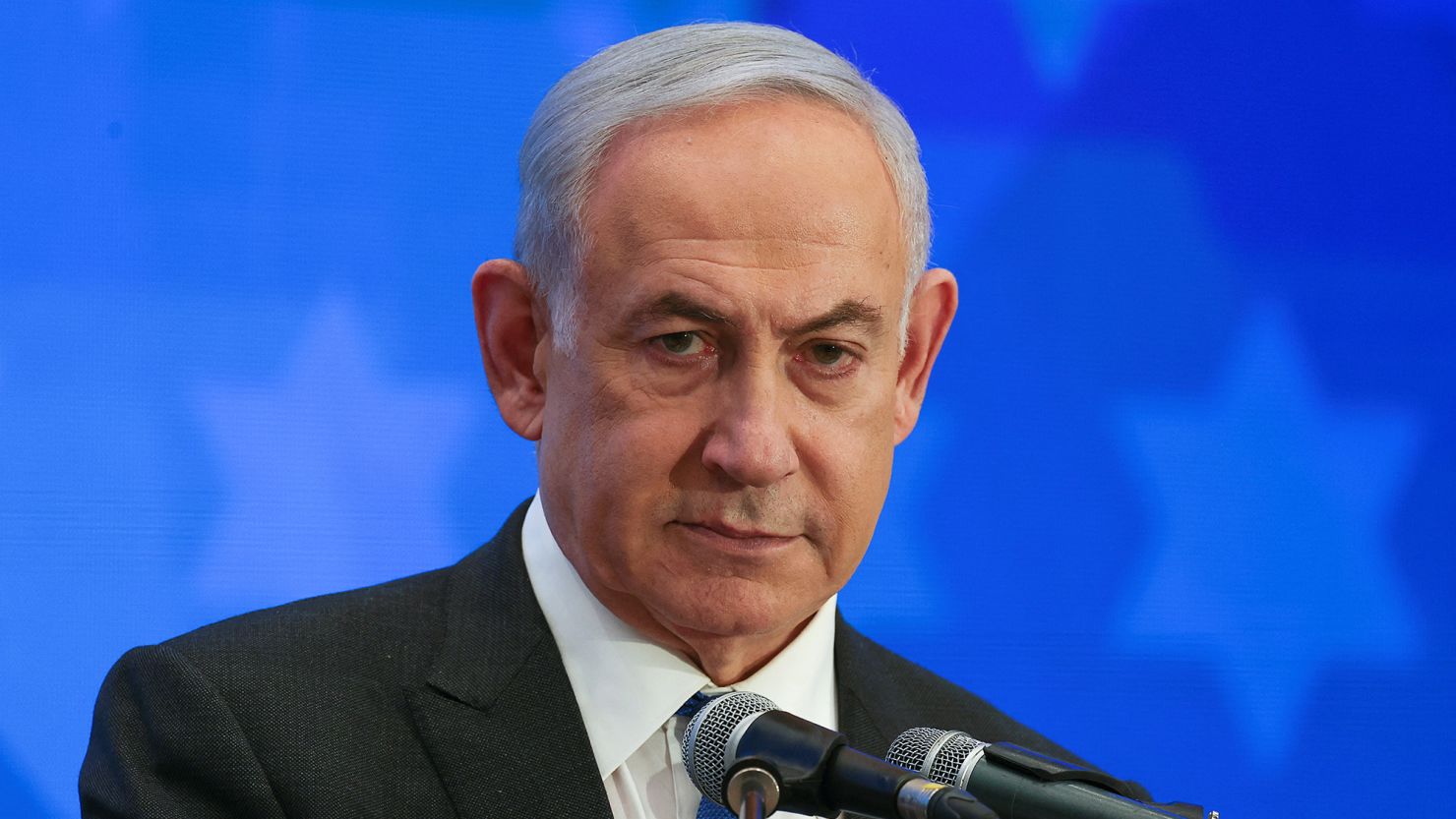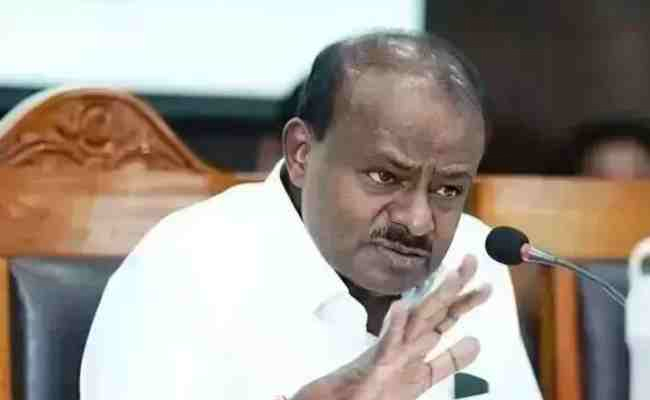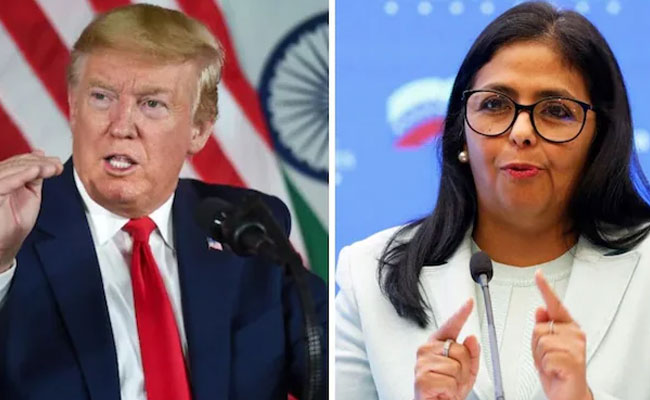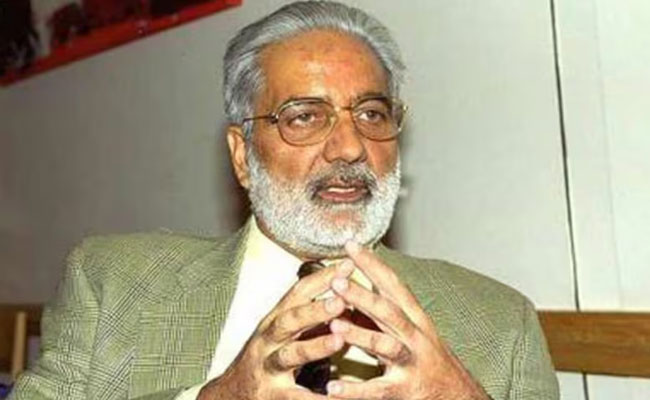The Israeli government has reportedly convened an emergency meeting amid concerns that the International Criminal Court (ICC) might issue arrest warrants for Prime Minister Benjamin Netanyahu and other Israeli leaders over alleged breaches of international law in Gaza, according to a report by the Daily Mail.
As per sources cited by Israeli Channel 12, three ministers along with several legal experts from the government convened at the Prime Minister's Office on Tuesday to strategize on how to handle potential arrest warrants, which they fear could be imminent.
The meeting included Foreign Minister Israel Katz, Justice Minister Yariv Levin, and Strategic Affairs Minister Ron Dermer. They purportedly decided to seek support from international diplomatic channels to thwart any potential actions against Netanyahu.
The concerns stem from accusations leveled against Israel for violating international law during its retaliatory operations in Gaza following attacks by Hamas on October 7.
There are apprehensions that arrest warrants might be issued, particularly concerning the humanitarian crisis in Gaza. Rights groups and international bodies have repeatedly warned of an impending "man-made famine" in the region, attributing it to alleged deliberate restrictions on aid entering Gaza.
Let the Truth be known. If you read VB and like VB, please be a VB Supporter and Help us deliver the Truth to one and all.
Bengaluru: Union Minister H.D. Kumaraswamy on Sunday criticised the Ramanagara district administration, alleging that the district commissioner was deliberately ignoring his phone calls.
Speaking at an indefinite farmers’ protest held at Bhairamangala, Kanchuganhalli and nearby villages, Kumaraswamy said the Ramanagara DC was not responding even after seeing his mobile number. “The moment they see my number, they don’t take the call at all,” he alleged.
Issuing a strong warning to officials, Kumaraswamy said government officers should not commit mistakes under pressure from anyone. “Even after retirement, you cannot escape responsibility. Don’t betray the people by succumbing to pressure from ministers or MLAs of this government,” he said.
Kumaraswamy asserted that he would not allow the state government to acquire fertile agricultural land around Bidadi. “We will not allow even an inch of land to be taken. Not a single inch,” he declared, throwing a direct challenge to the state government. He said protecting the land of women farmers was his responsibility and urged them not to give up their land under any circumstances.
Assuring farmers of his support, the Union Minister said they need not be afraid. “I am with you. Governments come and go, but people are permanent. Governments must bow to public opinion. If not, people know how to teach them a lesson,” he said.
Kumaraswamy also alleged that some individuals were supporting the land acquisition move, which he termed dangerous. He accused the government of attempting to acquire highly valuable and fertile land at throwaway prices. “Some people have already created land banks in benami names to loot. They are cheating the people and the government. The day is not far when such people will be forced to stand on the streets,” he warned.





_vb_34.jpeg)